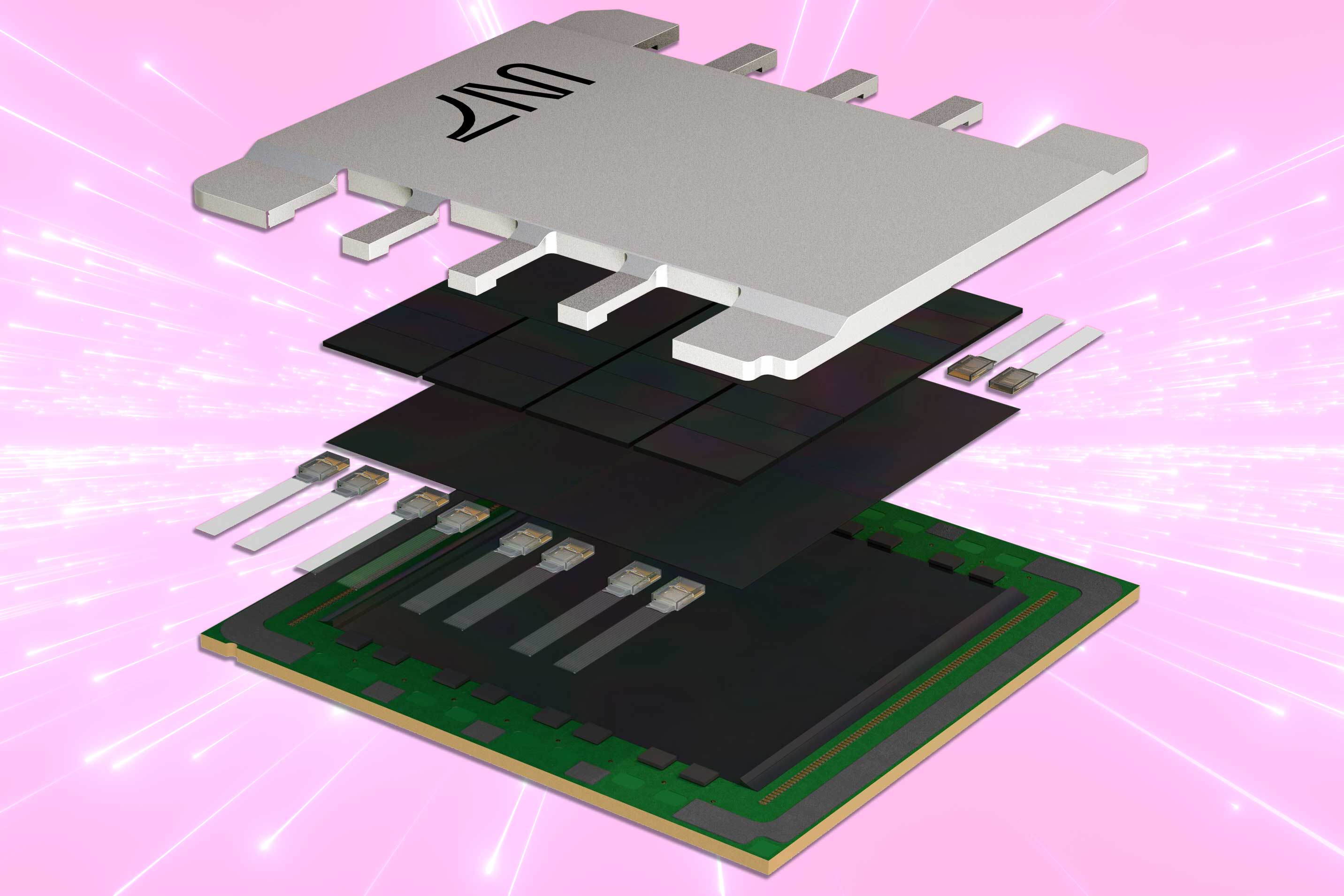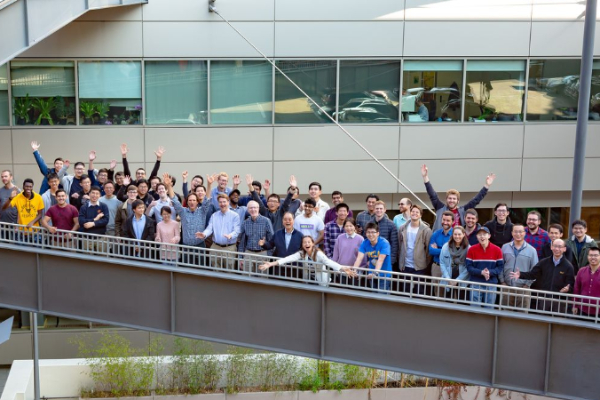The center, which is jointly operated by the UCLA College Division of Physical Sciences and the UCLA Samueli School of Engineering, brings together scientists and engineers at the leading edge of quantum information science and technology. Its members have expertise in disciplines spanning physics, materials science, electrical engineering, computer science, chemistry and mathematics.
“We are grateful for Boeing’s significant pledge, which will help drive innovation in quantum science,” said Miguel García-Garibay, UCLA’s dean of physical sciences. “This remarkable investment demonstrates confidence that UCLA’s renowned faculty and researchers will spur progress in this emerging field.”
“Harnessing quantum technologies for the aerospace industry is one of the great challenges we face in the coming years,” said Greg Hyslop.
UCLA faculty and researchers are already working on exciting advances in quantum science and engineering, García-Garibay said. And the division’s new one-year master’s program, which begins this fall, will help meet the huge demand for trained professionals in quantum technologies.
Quantum science explores the laws of nature that apply to matter at the very smallest scales, like atoms and subatomic particles. Scientists and engineers believe that controlling quantum systems has vast potential for advancing fields ranging from medicine to national security.
“Harnessing quantum technologies for the aerospace industry is one of the great challenges we face in the coming years,” said Greg Hyslop, Boeing’s chief engineer and executive vice president of engineering, test and technology. “We are committed to growing this field of study and our relationship with UCLA moves us in that direction.”
In addition to its uses in aerospace, examples of quantum theory already in action include superconducting magnets, lasers and MRI scans. The next generation of quantum technology will enable powerful quantum computers, sensors and communication systems and transform clinical trials, defense systems, clean water systems and a wide range of other technologies.
Quantum information science and technology promises society-changing capabilities in everything from medicine to computing and beyond,” said Eric Hudson.
“Quantum information science and technology promises society-changing capabilities in everything from medicine to computing and beyond,” said Eric Hudson, UCLA’s David S. Saxon Presidential Professor of Physics and co-director of the center. “There is still, however, much work to be done to realize these benefits. This work requires serious partnership between academia and industry, and the Boeing pledge will be an enormous help in both supporting cutting-edge research at UCLA and creating the needed relationships with industry stakeholders.”
The Boeing gift complements recent support from the National Science Foundation, including a $25 million award in 2020 to the multi-university NSF Quantum Leap Challenge Institute for Present and Future Quantum Computation, which Hudson co-directs. And in 2021, the UCLA center received a five-year, $3 million traineeship grant for doctoral students from the NSF.
Founded in 2018, the Center for Quantum Science and Engineering draws from the talents and creativity of dozens of faculty members and students.
“Boeing’s support is a huge boost for quantum science and engineering at UCLA,” said Mark Gyure, executive director of the center and a UCLA adjunct professor of electrical and computer engineering at the UCLA Samueli School of Engineering. “Enhancing the Center for Quantum Science and Engineering will attract additional world-class faculty in this rapidly growing field and, together with Boeing and other companies in the region, establish Los Angeles and Southern California as a major hub in quantum science and technology.”






